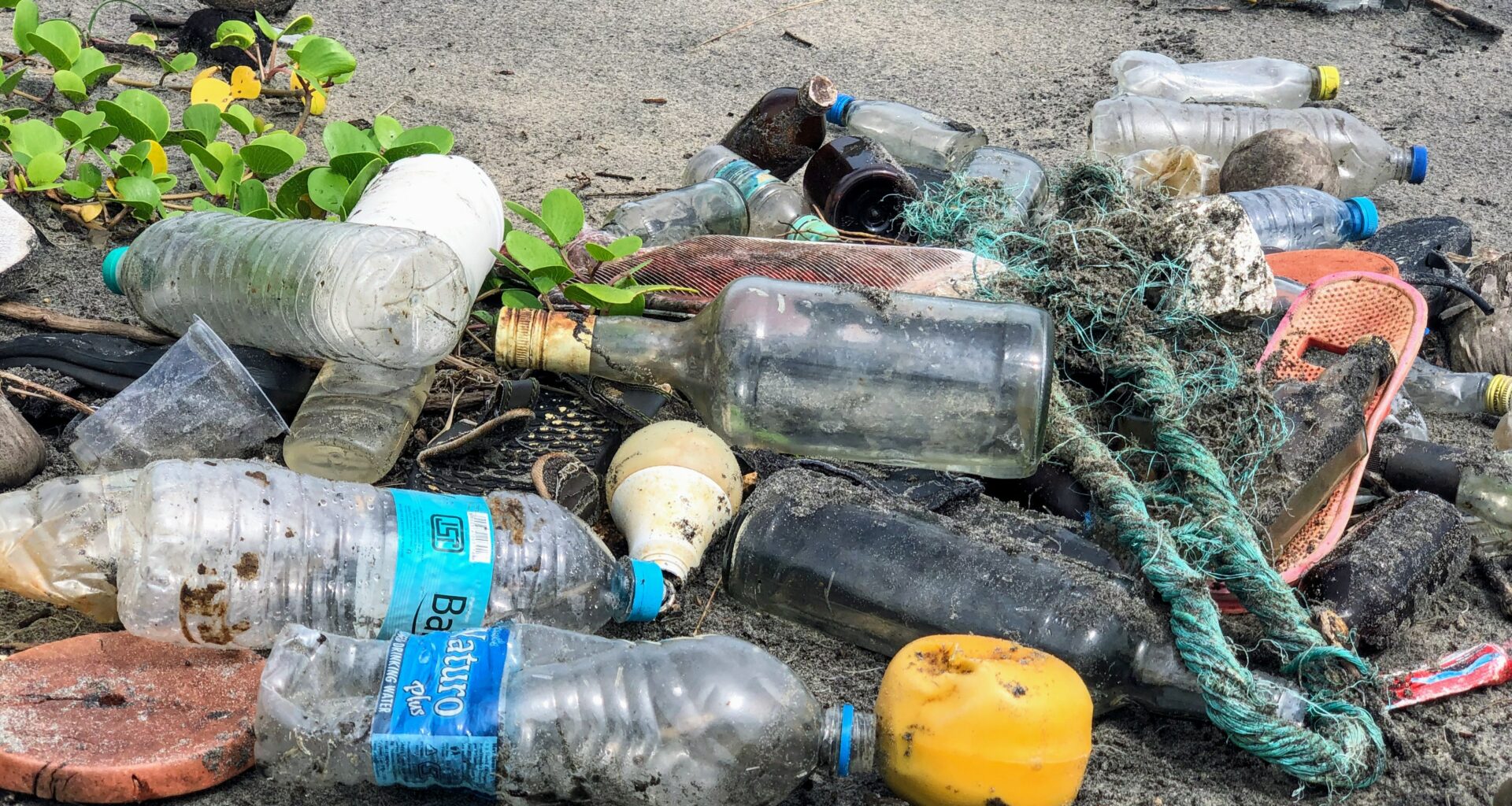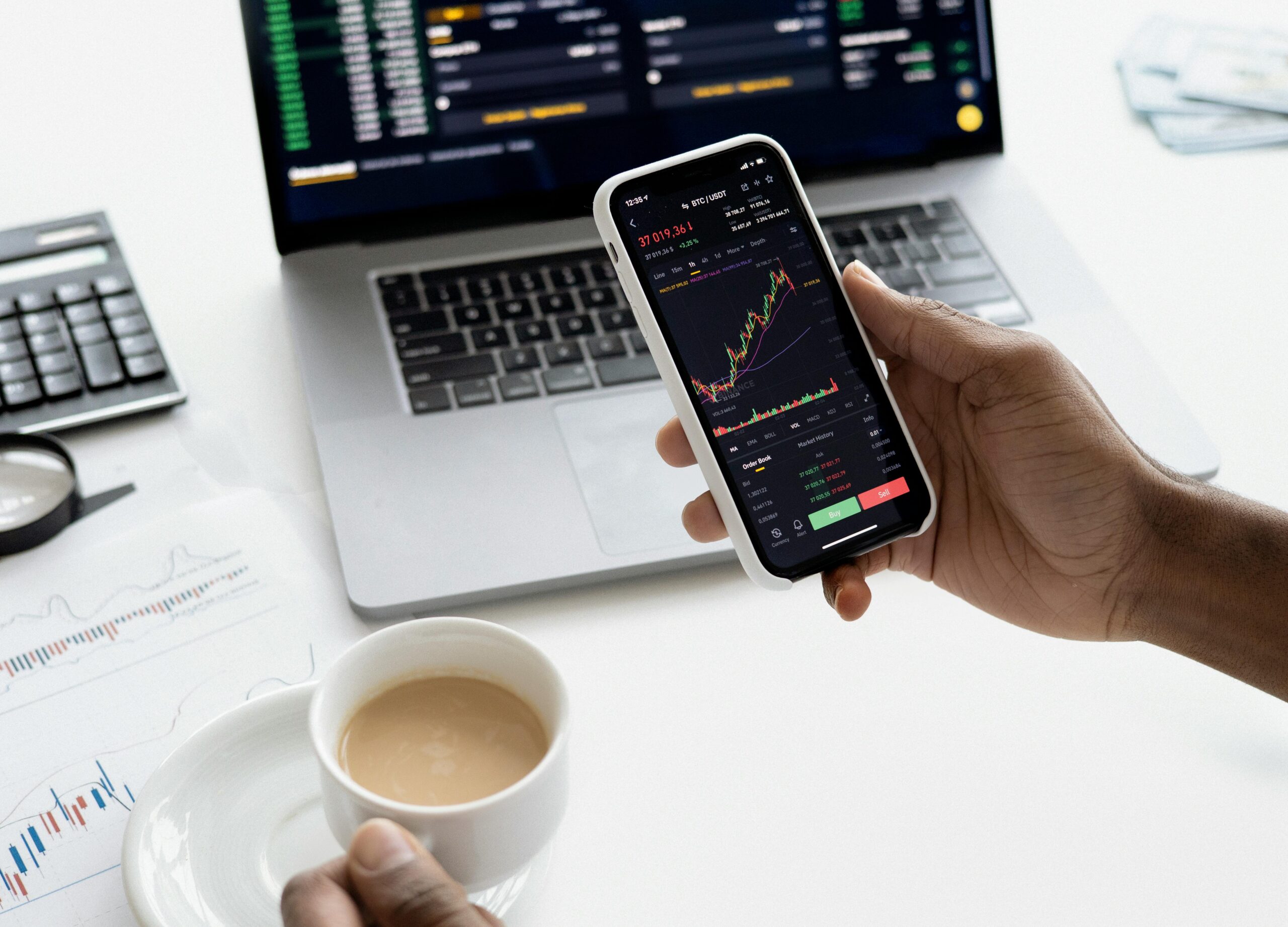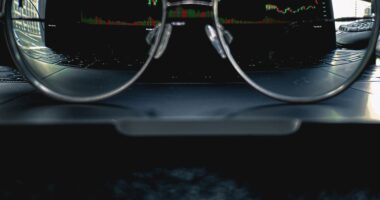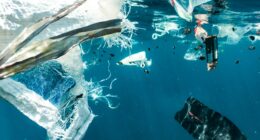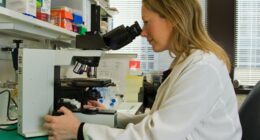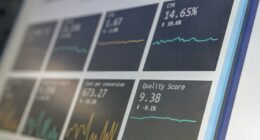Plastic pollution is a global crisis, with millions of tons entering our oceans annually and only a fraction being recycled. The recent video by Two Bit da Vinci, “Breakthroughs Solving our Plastic Waste Problem!”, spotlights two innovative organizations addressing this challenge: The Ocean Cleanup, focused on intercepting plastic before it reaches the ocean, and Aduro Clean Technologies (Nasdaq: ADUR | CSE: ACT | FSE: 9D5), which is pioneering a new chemical recycling process. For investors, this video outlines both the scale of the problem and the commercial opportunities emerging from new recycling technologies.
The Scope of the Plastic Waste Problem
The Great Pacific Garbage Patch, the most infamous oceanic plastic accumulation zone, contains an estimated 1.8 trillion pieces of plastic-about 200 pieces for every person on Earth. Yet, this is just a fraction of the issue. Each year, 9–14 million new tons of plastic enter the oceans, dwarfing the amount that current cleanup efforts can remove. Most plastic pollution comes from about 1,000 rivers worldwide, making river interception a critical strategy. Microplastics now permeate the food chain, affecting over 800 species and even making their way into human food and water supplies.
The Ocean Cleanup: Tackling Waste at the Source
The Ocean Cleanup, founded by Boyan Slat, has developed large-scale ocean barriers (System 03) capable of collecting 10 kg of trash per hour. However, with the sheer volume of new plastic entering the oceans, this approach alone is insufficient. Recognizing this, the organization shifted focus to river interceptors-autonomous, solar-powered devices that capture plastic before it reaches the sea. With 21 interceptors deployed in 10 rivers, they are currently preventing 21,000 tons of garbage from entering the ocean annually. Scaling this to the 1,000 most polluting rivers could stop up to 80% of new oceanic plastic waste.
The Recycling Challenge: Why Most Plastic Isn’t Recycled
Despite global efforts, only about 10% of plastic is recycled. Traditional mechanical recycling requires clean, sorted, single-resin plastics, which excludes the vast majority of real-world waste. Mechanical recycling also degrades plastic quality over time. Chemical recycling, while promising, often requires consistent feedstock and high purity, and can sometimes have a higher carbon footprint than producing new plastic from oil. These limitations mean over 370 million metric tons of plastic are landfilled, incinerated, or left to pollute the environment each year.
Aduro Clean Technologies: A Game-Changer in Chemical Recycling
Aduro Clean Technologies is developing Hydrochemolytic™ Technology (HCT), a novel chemical recycling method that addresses many of the shortcomings of existing solutions. Unlike conventional chemical recycling, which relies on high temperatures and pressures, HCT operates at lower temperatures (350–420°C) and uses water-based reactions to gently break down plastic polymers. This process is more energy-efficient, tolerant of moisture and common contaminants, and can handle a wider range of plastics, including mixed and dirty waste streams that are typically unrecyclable.
Aduro’s technology is capable of processing polyethylene, polypropylene, and polystyrene. These three types of plastic together account for about 70% of the plastic entering U.S. landfills. But HCT can also handle much more complex and hard-to-recycle feedstocks. The company recently announced a partnership to develop an agricultural plastic recycling program, and previously announced a deal to process unrecyclable cross-linked plastics used for construction, like PEX pipe material.
Key Advantages of Aduro’s HCT
- Lower energy consumption: Operates at lower temperatures than pyrolysis, reducing costs and emissions.
- Feedstock flexibility: Can process polyolefins (e.g., polyethylene, polypropylene), tolerate small amounts of PET and PVC, and even handle certain cross-linked plastics like PEX.
- Modular scalability: Aduro is building a 10 kg/hour pilot plant in London, Ontario, with a modular design that can be scaled up or down and deployed near pollution sources, including in developing countries.
- Commercial readiness: The pilot plant’s basic engineering was completed in just two months, and operations are expected by Q3 2025. The next step is a demonstration unit to bridge pilot and commercial deployment.
Investment Outlook
Aduro’s technology targets a massive, untapped market: the 90% of plastic waste that current recycling methods cannot process. Aduro is positioned to disrupt the $400+ billion global plastics industry by enabling efficient, scalable, and decentralized recycling. Its modular approach allows for deployment in regions where most plastic pollution originates, creating new opportunities for local processing and job creation.
Beyond plastics, Aduro is adapting its core technology for other applications, such as upgrading heavy oils, converting renewable feedstocks to chemicals, and recycling used rubber. This diversification further strengthens its commercial potential.
The video underscores that no single solution will solve the plastic waste crisis. However, combining upstream interception (like The Ocean Cleanup’s river interceptors) with advanced recycling technologies (like Aduro’s HCT) creates a compelling path toward a circular plastic economy. For investors, Aduro Clean Technologies represents a high-potential opportunity at the intersection of environmental necessity and technological innovation, with a clear roadmap toward commercialization and global impact.

